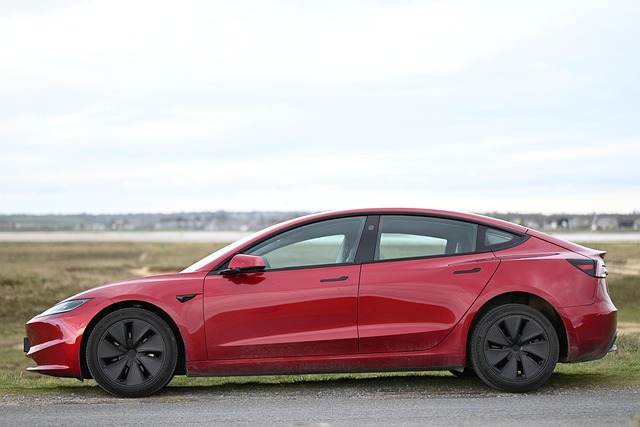Driving Rural Development: Eco-Friendly Solutions for Sustainable Transport Integration
In the heart of rural landscapes, where open fields meet winding roads, eco-friendly transportation emerges not just as a choice but as a necessity. The essence of rural development lies in enhancing the quality of life for communities, and sustainable transport plays a pivotal role in this transformation.
Transportation is the lifeline of rural areas. It connects residents to educational institutions, healthcare services, and economic opportunities. However, traditional transport methods often come at a steep environmental cost, contributing to pollution and climate change. Herein lies the urgency for adopting eco-friendly transportation solutions that can seamlessly integrate into rural development strategies.
One of the most promising aspects of eco-friendly transportation is its ability to foster sustainable practices while promoting economic growth. Electric vehicles, for instance, can be a game-changer in rural areas. By utilizing local renewable energy sources, such as solar or wind, these vehicles not only reduce carbon emissions but also minimize dependency on fossil fuels. Communities can invest in charging infrastructure that supports electric cars and bikes, effectively driving both environmental and economic sustainability.
Moreover, public transport initiatives that focus on sustainability can enhance access to resources that rural populations may otherwise find challenging to reach. Integrating eco-friendly buses that run on renewable energy not only improves air quality but also encourages community engagement by ensuring that no one is left behind. When residents have reliable access to transportation, it ignites opportunities in education and employment, which are vital for holistic rural development.
Another crucial element of rural transport sustainability is active transportation modes, such as cycling and walking. Developing safe cycling paths and pedestrian-friendly zones can significantly enhance local mobility while promoting a healthier lifestyle. Communities that prioritize these modes of transport witness not only reduced traffic congestion and pollution but also enhanced social interactions among residents. When people choose to walk or cycle, they build connections with their surroundings and foster a sense of belonging.
Furthermore, embracing new technologies such as smart transport systems can streamline rural logistics. These systems can facilitate efficient routing for goods delivery, reducing the overall carbon footprint associated with traditional transportation methods. A holistic approach that combines eco-friendly vehicles, public transport initiatives, and active transportation modes underlines the importance of collaboration among local governments, businesses, and communities in driving rural development.
Education and awareness are also pivotal in promoting eco-friendly transportation in rural areas. Communities can initiate campaigns to inform residents about the benefits of sustainable transport options. Workshops and training sessions on maintaining electric bikes or understanding the value of public transport can empower residents to make informed choices that benefit both the environment and their daily lives. Additionally, incorporating eco-friendly transport initiatives within local schools can nurture a generation that values sustainability from a young age.
Incorporating eco-friendly transportation solutions into rural development plans is not merely an option; it’s an imperative for building resilient communities. Each small step taken towards sustainable transport integration contributes to the greater vision of a greener, healthier environment for future generations. As we drive the conversation forward, let us keep our eyes on the horizon, where rural vibrancy and eco-consciousness come together to shape a brighter future.




